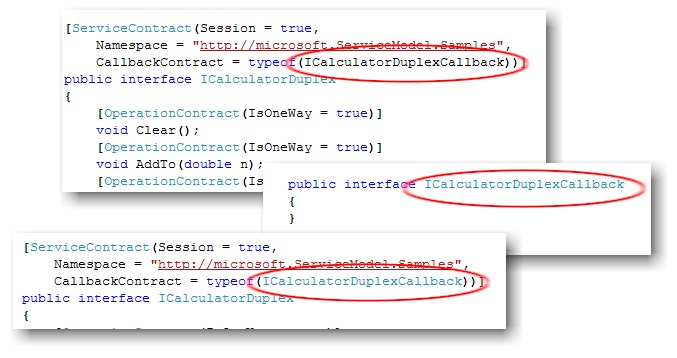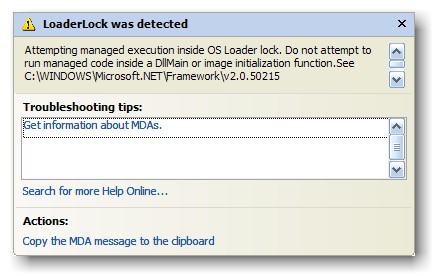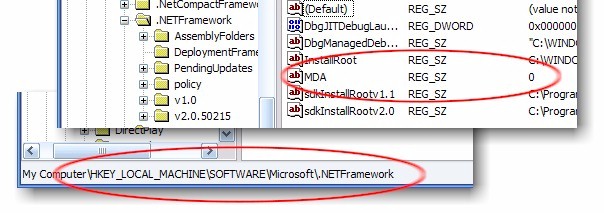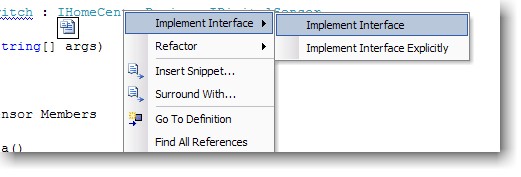Indigo Callbacks
While playing with Indigo, I spend several hours on duplex services and clients finally leading to an annoying issue. I tried two different examples, one from the book Programming “Indigo” and another one from the WinFX SDK documentation. In both cases, I spend hours writing down all the code, especially as the examples in the book do not fit with the current release of WCF anymore. So some fixes have been necessary. Having both examples, I tried to start the clients, but they did not receive any response from the service. If you are patient enough (which means waiting 5 to 10 minutes) the client will result in a ChannelConnectException.
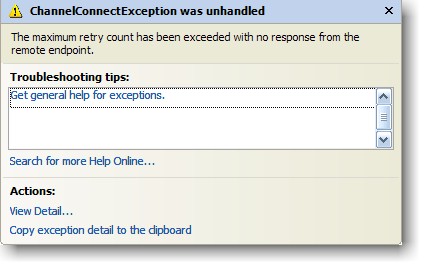
What is wrong? Bindings? Any mistake in the XML config-files? The solution is as simple as it could be: Just right-click the web site in the solution browser and choose Start Options…
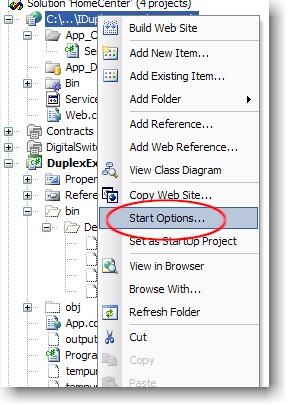
Uncheck NTLM Authentication which is checked by default and restart your service and client.
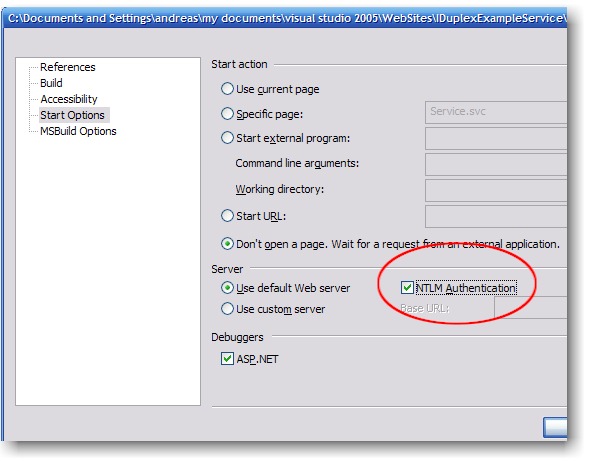
After restarting the service and the client, the client is processing, the service is responding and the Quick Console shows the expected output:

